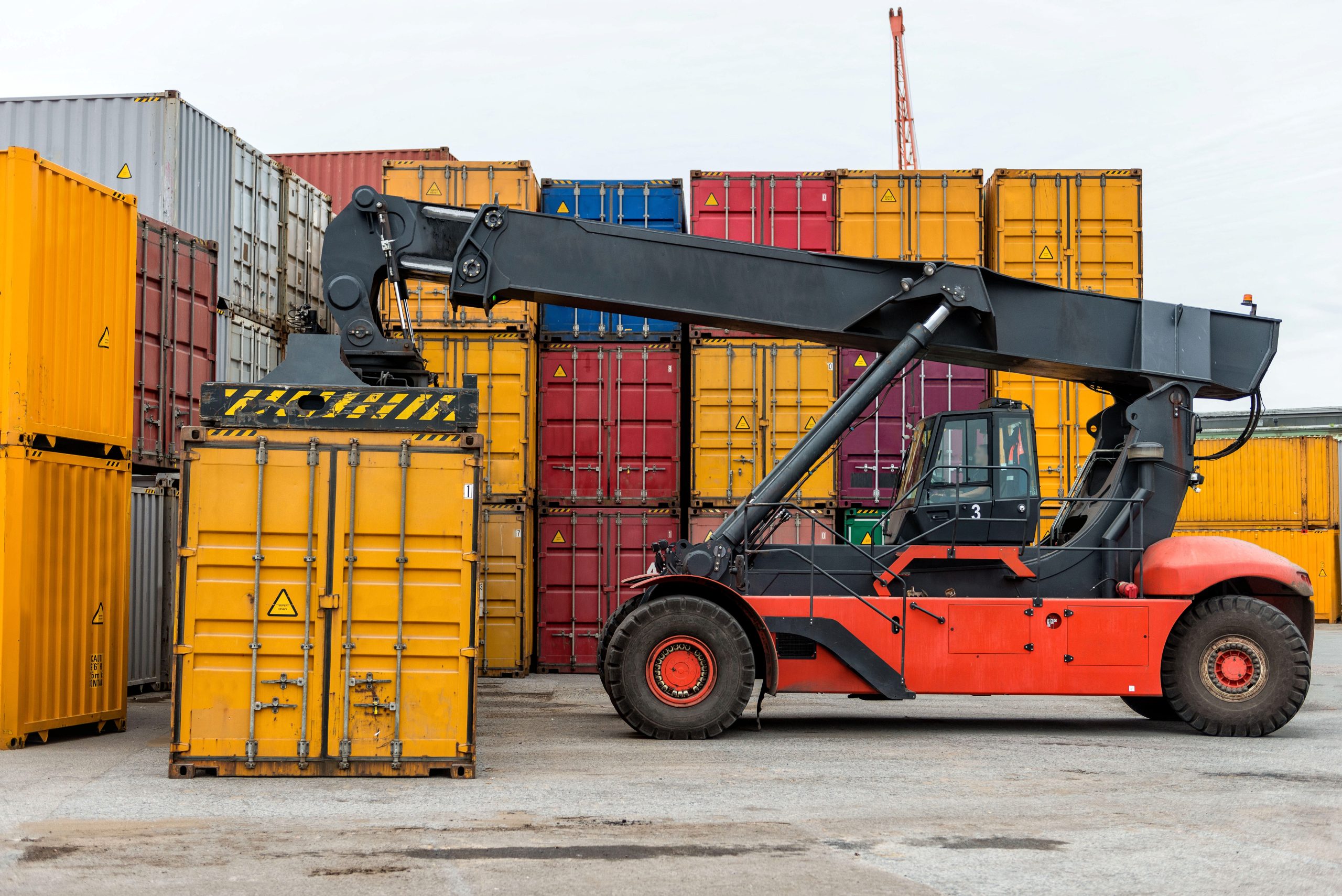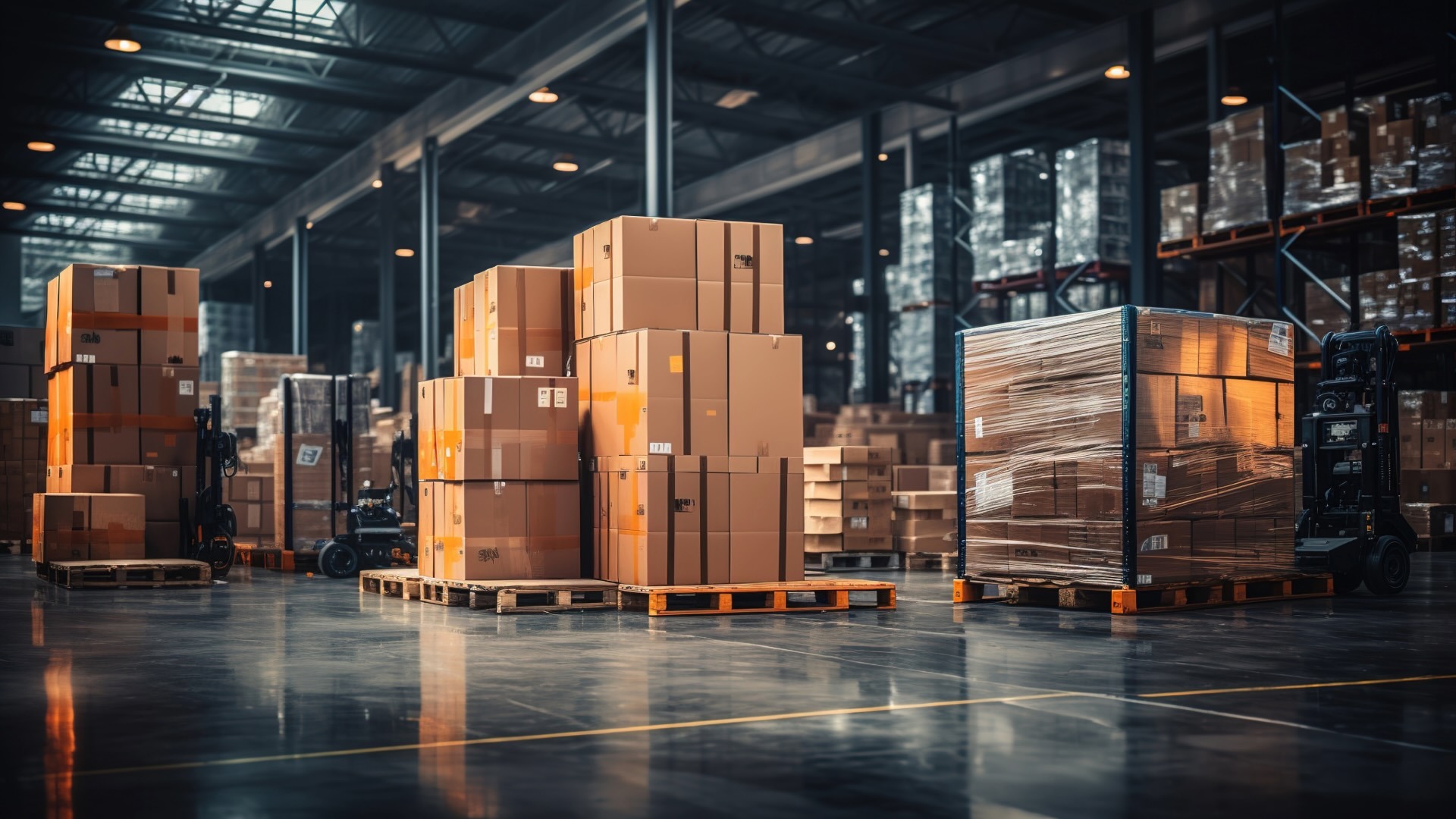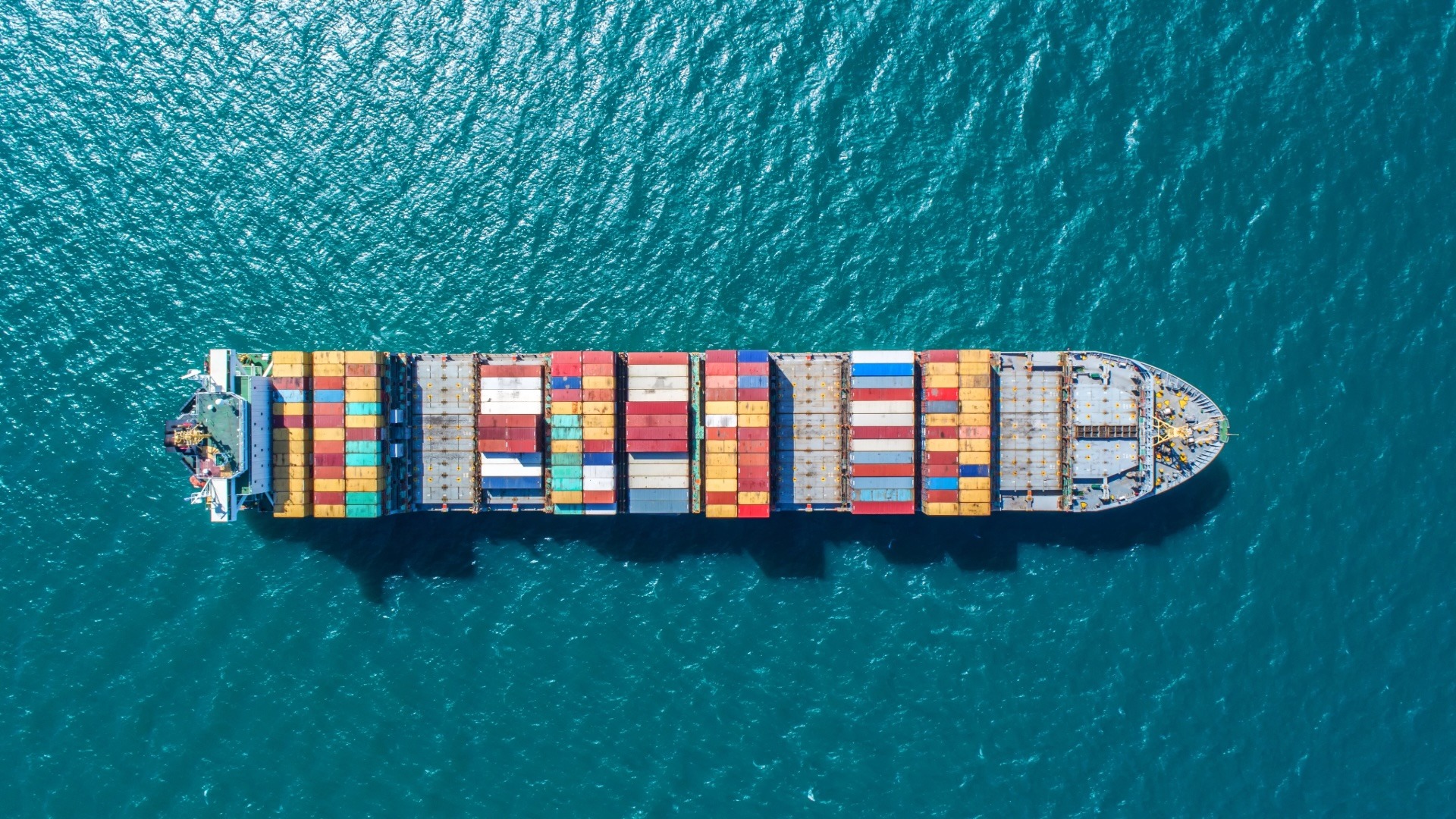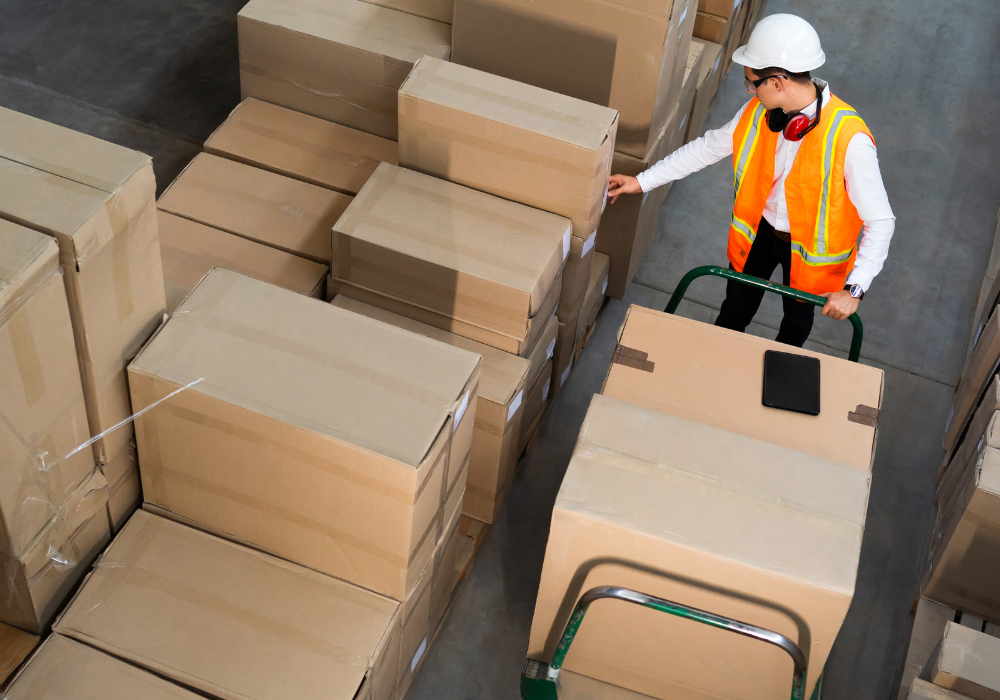Managing Logistics as a Small Business
Logistics used to be something business owners only had to worry about once the product was ready to be sent out. In 2025, however, with things such as transparency, package tracking, and higher expectations being so important, the strategy now matters most.
For small businesses, navigating a post-pandemic market with tight margins and rising customer expectations and demands, logistics has been more complicated than ever.
But it doesn’t have to be.
Whether you’re moving ten orders a month or ten thousand, your ability to ship efficiently, respond quickly, and scale without bottlenecks can define your growth curve.
While the enterprise giants throw millions at their supply chains, smaller companies need to work smarter, not harder, and choose a logistics approach that’s agile, transparent, and tailored to their reality, not based on someone else’s.
By the end of this article, you’ll know the exact problems small businesses face with logistics, the solution to solve all of them at once, and the next steps to get your logistics chain up off the ground and shipping without the headaches. Here’s how small businesses can take control of their freight in 2025 – and win!
Common Challenges Small Businesses Face
The logistics landscape is more complex than ever. Small businesses are also realizing it, making shipping, warehousing, and customs more difficult. Between rising costs, customer expectations, and pressure on the global supply chain, feeling overwhelmed is a common experience. Some of the most common challenges small businesses face today are:
-
Limited Budgets for Freight and Warehousing
Many small businesses struggle to afford or find affordable warehouses. This limits storage capacity and forces them into higher rates per unit. Without volume discounts, these costs can eat into margins fast and thin budgets.
-
Unpredictable Delivery Timelines
Even if business owners plan everything perfectly, delays are inevitable. Whether it’s a holdup at customs, weather, or even package tracking, small businesses are vulnerable because they don’t have the leverage that the larger companies may have. One delayed shipment can lead to stockouts or even ruined customer relationships
-
Struggles with Inventory Accuracy
Without package tracking systems, inventory errors are common, leading to overselling, understocking, or even products being lost. Manual processes or outdated software often result in miscounts, slow restocks, and problems with customer service.
-
Managing Customer Expectations
Thanks to big retailers such as Amazon, customer expectations for speed and visibility have skyrocketed over the last decade. Small businesses are expected to offer real-tracking, easy returns, and sometimes even next-day shipping, which is often difficult because they don’t have the infrastructure or the team to support it.
Here’s the truth – Most small businesses are hit with a wave of challenges, but there is good news: the solution is game-changing.
Why Freight Forwarding Levels the Playing Field
The answer: Freight forwarding.
A professional freight forwarder acts similarly to a command centre. A freight forwarder handles carriers, customs, shipping rates, warehousing, routing, package tracking, etc. This makes it easier on the business owner since there’s only one point of contact while still maintaining full visibility from pick-up to a delivery service.
More importantly, freight forwarders put small businesses on the same playing field as the large companies by giving them global reach while also maintaining budget, keeping costs low, and removing the heavy lifting of negotiation and planning.
By partnering with a trusted freight forwarder, you’re building a supply chain designed to grow your business. This way, you can run your operations and leave the rest to the forwarder.
Choosing the Right Freight Forwarder in 2025
Logistics isn’t just logistics. It’s the difference between scaling and stalling. Small businesses especially need the right freight partner that isn’t just a background player, but someone fighting in your corner. Having the ability to move quickly, deliver on time, and meet rising customer expectations and demands is essential, especially without burning through cash.
You need a partner who doesn’t just react, but is always a step ahead. A partner who treats your freight as their own. In today’s standard, shipping lanes or templated services are not enough. Flexibility, transparency, and a team that understands your problems and knows how to bring your logistics to the next level are going to make the difference.
Real partnerships are built on reliability. You should feel it from the first quote all the way to delivery. This means maintaining clear communication, predictable timelines, package tracking, and people who pick up the phone when you call. A partner that knows your industry well enough to avoid headaches, manages problems quickly, and is proactive is the difference between failure and success.
Our full guide for picking a freight forwarder will walk you through the dos, don’ts and best practices, so that you know exactly what you need to be successful in your logistics journey.
Why Small to Mid-sized Businesses Need Freight Forwarders in 2025
Often, small to mid-sized businesses rely on a small team or, in some cases, one person to manage their logistics. The internal staff tasked with logistics usually lack the specialties or industry knowledge to coordinate shipping, negotiate rates, and determine the most cost-effective routing. These employees are already stretched thin and simply do not have the expertise or the time to take on these challenges.
As a result, business owners are forced to make decisions based on limited information or minimized recommendations, which then lead to higher costs, wider time frames, and delays. Although these individuals do their best, it isn’t practical, especially if your business is growing.
This is where Trans-Continental Logistics Corp. comes in. As an experienced and trusted freight forwarder, Transcontinental Logistics Corp. helps companies reduce internal workload, eliminate guesswork, and avoid costly mistakes. With industry expertise, global partners, and a strong understanding of routing and cost optimization, they provide businesses with seamless logistics solutions that improve efficiency and save you money.
Having a knowledgeable logistics partner isn’t just helpful – it’s essential.
Choose the Right Plan
Small businesses don’t need the huge logistics systems. Clarity and flexibility through a partner that understands the stakes is what maximizes your logistics game.
As the industry pushes forward, those who invest early in a delivery service, smarter solutions, and reliable partnerships are the ones who will stay ahead. Those who don’t will feel the weight of delays, tight margins, and delivery issues – and their customers will too.
If you’re ready to simplify your supply chain and move your freight faster and smarter, choose a logistics plan that will actually move with you.







